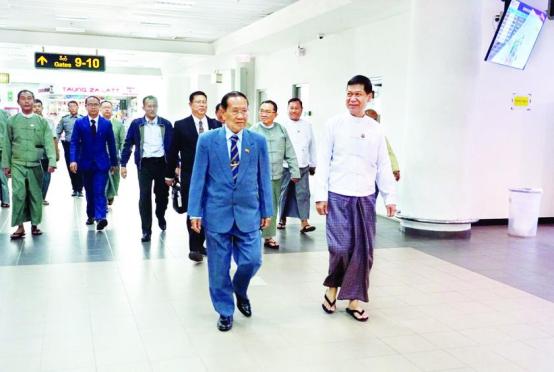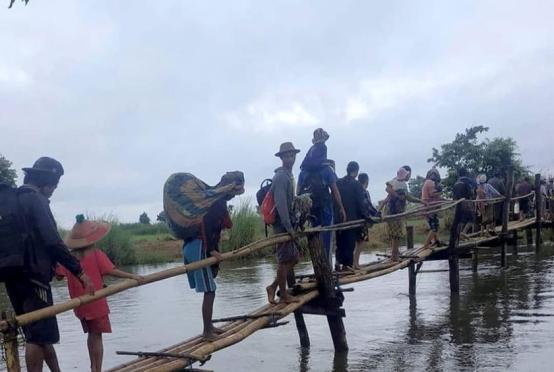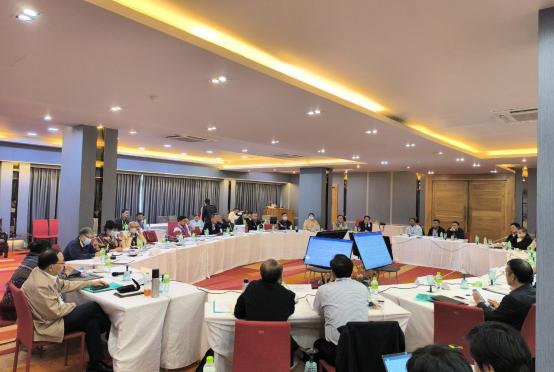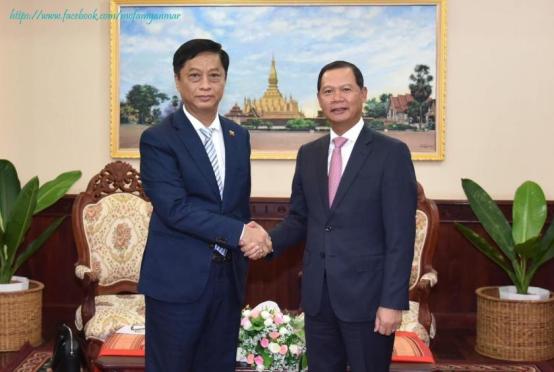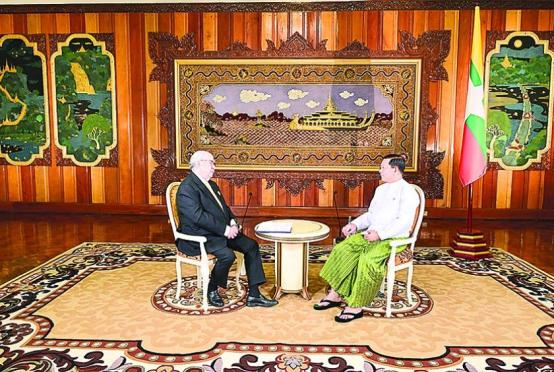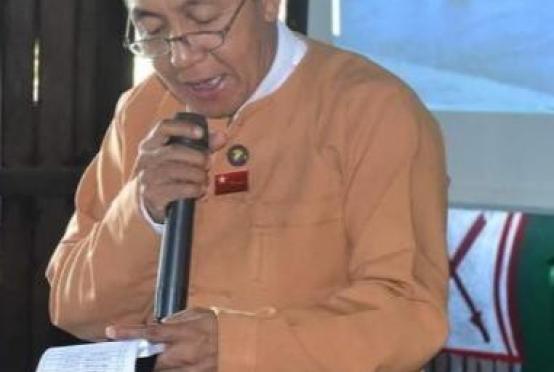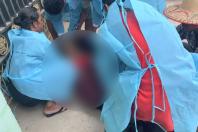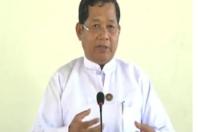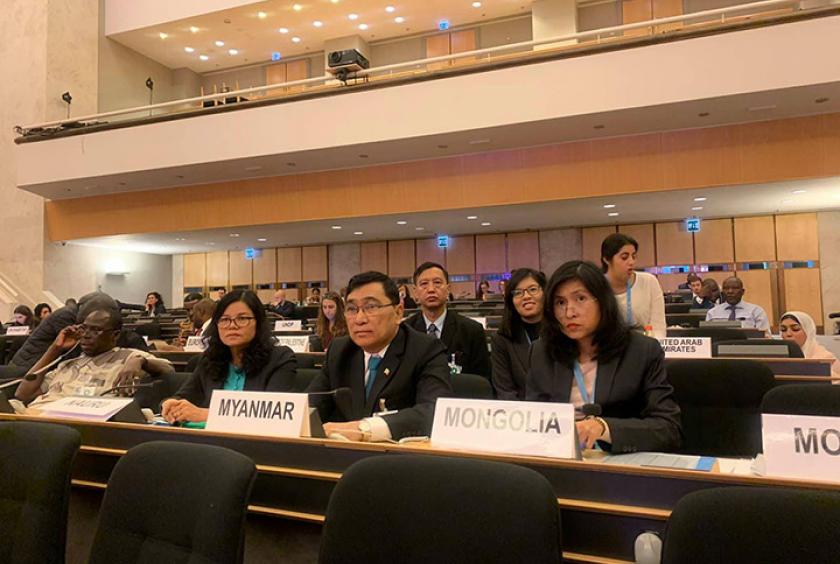
Myanmar is facing several challenges in its delicate and sensitive democratic transition with Rakhine issue being one of the most complex ones, said Union Minister Dr. Win Myat Aye of the Ministry of Social Welfare, Relief and Resettlement.
The remarks came from the statement of Dr. Win Myat Aye submitted to the high-level meeting on statelessness, general discussions from each UN member nation held at United Nations Assembly Hall in Geneva, Switzerland on October 8.
“Myanmar is facing several challenges in its delicate democratic transition. The issue in Rakhine is one of the most complex challenges. As we address the delicate and sensitive issue deeply rooted since colonial time, we cannot see and address any issue in isolation. We need to look at the issues from the multidimensional perspective. We must listen to the voices of all communities,” said Dr. Win Myat Aye.
“As a result of ARSA terrorist attacks in 2016 and 2017, many people were displaced. Myanmar is ready to receive those displaced persons who had resided in Myanmar. The displaced persons now in Cox’s Bazar, who had been residents in Rakhine, have different legal status. We cannot classify all of them as stateless. Some have identity cards issued by the Myanmar government. Those who qualify for citizenship under the existing Law will be issued citizenship cards. Those who do not have any identity card will be issued NVCs immediately. They will proceed with the process to apply for citizenship, at the same time,” added Dr. Win Myat Aye.
Dr. Win Myat Aye continued to say, “We cannot ignore the fact that there have been social restrictions on the freedom of movement. We are addressing it by building trust and harmony among communities.” As we feel suffering and plight of all displaced persons, our priority now is to expedite repatriation. Myanmar delegations visited the Camps in Cox’ Bazar 3 times to address the delay of repatriation. I, myself, met with displaced persons and explained to them the benefits of holding NVCs.”
During my first visit in April 2018, it was learned that the agreed forms were not distributed and the information on repatriation process was not disseminated among displaced persons. Thus, during our visit in July this year, we distributed information sheets which clearly explain repatriation process and benefits of getting national verification cards, said Dr. Win Myat Aye.
“We have been aware of many obstacles including destructive movements in the camps to hinder repatriation and exploit the plight of displaced persons. That also needs to be addressed. Despite obstacles, including killings and threats by ARSA, some 300 people from Cox’s Bazar have returned under their own arrangement and on their own volition. They have resumed their lives in conditions of safety and dignity. It is also learnt that many people want to return to Myanmar. The speedy repatriation of those who have long expressed their desire to return including the some 400 people of Hindu faith should be allowed,” Dr. Win Myat Aye added.
“We continue our efforts in creating more conductive condition for all returnees. While we are implementing the recommendations on Rakhine, the Union Enterprise for Humanitarian Assistance, Resettlement, and Development – UEHRD is implementing the projects to be ready for repatriation and resettlement.
“ASEAN also joined our endeavors in the course of repatriation. The UNDP and UNHCR teams are implementing 34 Quick Impact Projects under the MoU. Our Ministry is in close cooperation with the UNHCR in implementing programmes to meet the basic needs of the returnees. With regard to the IDPs, we have recently developed a nationwide IDP camps closure Strategy. This National Strategy will be followed by action plans,” said Dr. Win Myat Aye.
Edited by WH

